1. Mathematics Award
The beautiful website Mathigon won Best Website in my first ever Gems Awards back in in 2015. This time I'm giving it an award in my Mathematics Category, which has previously been won by Nicholas Rougeux for his stunning interactive recreation of Byrne's 1847 edition of Euclid's Elements.
The website Mathigon has gone from strength to strength. It features an incredible online textbook, a brilliant interactive tool PolyPad, and a collection of lesson plans and activities that are well worth exploring.
The two features that make it worthy of my Mathematics Award are its Timeline of Mathematics and its Almanac of Interesting Numbers. There's even a timeline scavenger hunt - a really well-designed activity where students can explore the history of maths. This kind of thing is perfect for extra-curricular maths clubs. It's also great for teachers looking to expand their subject knowledge.
Highly commended in this category are:
The History of Mathematics Project from Momath and Wolfram, which is like an online maths museum. I featured this in Gems 151.
And the mathematician profile cards and accompanying activity from Amplify that I featured in Gems 155.
2. Most Useful Resource Award
Never has a resource saved me so much time as @gcse_math's collated GCSE questions. I featured this resource in Gems 155. The key difference between this and similar resources is that it includes questions from three awarding bodies, meaning there's an abundance of exam questions for each topic. They're really well organised, meaning it takes seconds to find what I'm looking for. I'm finding this resource incredibly helpful when planning my GCSE lessons, and when making end of unit tests. I'll also make use of it when planning CPD sessions. Thank you to @gcse_math for taking the time to make this resource and for so generously sharing it. I should also thank the awarding bodies for writing the questions - there are often brilliant questions in GCSE exams!
Highly commended in this category are the NCETM Checkpoints, and the DfE's Key Stage 3 Maths Guidance. Both resources are very high quality, which is not surprising when you look at the team of experts behind them. The Key Stage 3 Guidance provides valuable CPD for Key Stage 3 maths teachers, with plenty of prompts for department discussion.
Checkpoints are diagnostic activities designed for Year 7 children. Do check them out if you haven't already.
3. Hidden Gem Award
Richard Tock has shared some fantastic resources this year through his blog and TES account. I love the clutter-free style of his resources and the carefully thought-out examples and tasks. I'm giving him the 'Hidden Gem' award because I think his lovely resources are relatively unknown and more teachers should check them out.
Half or two? was designed as a starter task in response to a misconception Richard identified in his class.
In Venn Diagrams and Simultaneous Equations, Richard shares a nice idea for a task that students might do by trial and error, before learning a method to work out the coordinates.
Highly commended in this category is Segar Rogers (@SegarRogers), a maths teacher and talented task designer who shares his tasks on startingpointsmaths.com. Examples of his recent work include this task on the mean which utilises Pointon and Sangwin’s Taxonomy.
It's also worth checking out his recent work on speed, orders of operations, fractions of fractions, cuboid volumes and vectors.
4. Best Blog Award
This year's Best Blog Award goes to Dan Draper (@MrDraperMaths) for his excellent blog 'Opinions Nobody Asked For'. Dan regularly posts witty and insightful pieces about his experiences in the classroom. He thinks deeply about topics and freely shares the excellent resources he has developed.
Here are a few examples of tasks - first, an exercise from his excellent post about the order of operations:
And from the post x=a, y=b: When?, a task where pupils practise filtering information on a diagram.
And finally, from his post Interleaving Circle Theorems 1, an example of a circle theorems question that brings together loads of previously taught content including trigonometry and area.
Highly commended in this category is Paul Rowlandson's (@Mr_Rowlandson) blog 'Pondering Planning in Mathematics' which won my 'Best New Blog' award in the 2019 Gem Awards. I always enjoy reading Paul's ideas - his blog posts have a lot of influence on what I do in my classroom. His recent post 'Using Numbers to Highlight Connections' got me thinking about connections between topics that I'd not really considered before.
5. Teacher Website Award
The award for Best Teacher Website goes to Amanda Austin (@draustinmaths) for her brilliant website draustinmaths.com. When Amanda makes a resource for her own students, she publishes it on her website so we can all benefit from it for free. This is a really kind thing to do, and is much appreciated by teachers like me who make a lot of use of her resources. I particularly like all her 'Fill in the blanks activities' which feature both scaffolding and challenge.
The award for Best Teacher Website goes to Amanda Austin (@draustinmaths) for her brilliant website draustinmaths.com. When Amanda makes a resource for her own students, she publishes it on her website so we can all benefit from it for free. This is a really kind thing to do, and is much appreciated by teachers like me who make a lot of use of her resources. I particularly like all her 'Fill in the blanks activities' which feature both scaffolding and challenge.
- mathswhiteboard.com from @PiXLMattTheApp. This rapidly developing website features loads of useful functions like worksheet generators and QLA tools.
- @nathanday314 has two excellent websites: mrdaymaths.com which features tasks and teaching resources, plus the recently launched website interwovenmaths.com.
Running (and regularly adding to) a high-quality website whilst teaching full time is no mean feat.
6. Best Game Award
6. Best Game Award
I absolutely love Nerdle. This quick daily maths puzzle has become part of my morning routine. The format isn't really new (I used to play the mastermind board game in the 80s which based on a similar logic) but the online games of this ilk that sprung up at the start of 2022 have become hugely popular and there are now loads to choose from: Wordle, Nerdle, Heardle, Movidle etc.
This award goes to Numble, an app made by Olivia Gibson and shared by her teacher @mathsDJ. This game is impressive for a number of reasons, including:
- it's easy to play
- it helps students learn divisibility rules
- it's fun
- it was created by a sixth form student.
Highly commended in this category is MathsPad for their Times Table Sequences Game which is a really fun way to practise both times tables and sequences, and is great for both primary and secondary children. I enjoy playing this with my Year 5 daughter.
Also Highly Commended in this category is the excellent No More Primes from Nathan Day.
7. Best CPD Award
The Best CPD Award goes to the book If I Could Tell You One Thing which was published by The MA and edited by Ed Southall. What I love about this book is that is features a wide range of advice from experienced maths teachers and experts on lots of different topics. There's something for everyone here, and because it's a collection of short chapters, it's easy for a busy maths teacher to dip into it.
Highly Commended in this category is the new podcast from Craig Barton 'Tips for Teachers'. This fantastic new initiative brings us snippets of sensible advice from expert teachers, available in either podcast or video format.
Can I give myself a special mention for a gem award? Maybe that's not cool, but I was really pleased with how many teachers made use of my CPD video "Key Stage 2 Maths Curriculum Summary for Secondary Teachers".
I should also say that all the CPD providers I mentioned in last year's Gem Awards are still awesome.
8. Best Resources Award
James and Nicola from MathsPad are the winners of the Best Resources Award this year for their fantastic collection of resources, particularly their new range of curriculum booklets. Their booklets are available for Year 7, 8 and 9 (so far) and are packed full of brilliant tasks for each topic, featuring lots of depth and challenge. Here are some examples of their activities:
What a fantastic collection of resources.
Well done to all the winners of the Gem Awards 2022! And thank you to all the maths teachers who share their ideas and resources. There are many people who I've not mentioned here who have helped to fill my gems posts over the last year. We are lucky to have such a strong and supportive community.
James and Nicola from MathsPad are the winners of the Best Resources Award this year for their fantastic collection of resources, particularly their new range of curriculum booklets. Their booklets are available for Year 7, 8 and 9 (so far) and are packed full of brilliant tasks for each topic, featuring lots of depth and challenge. Here are some examples of their activities:
What a fantastic collection of resources.
*****
If you're new to my blog and you enjoyed this post then visit my Gems Archive you'll find an index of 157 gems posts - they are all full of great ideas and resources. For the 'best of the gems', you might also want to check out the Gem Awards 2021, Gem Awards 2019, Gem Awards 2018, Gem Awards 2017, Gem Awards 2016 and Gem Awards 2015 to see who has won awards previously.
Happy 8th birthday resourceaholic.com. Thank you to my readers for all your support!
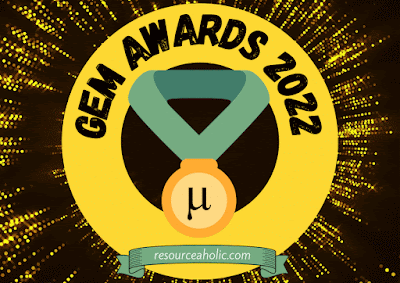
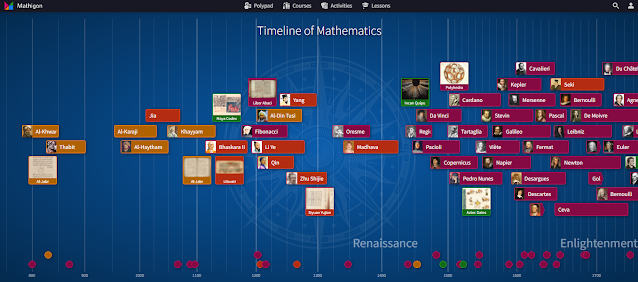
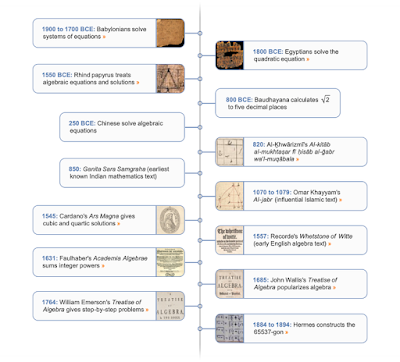


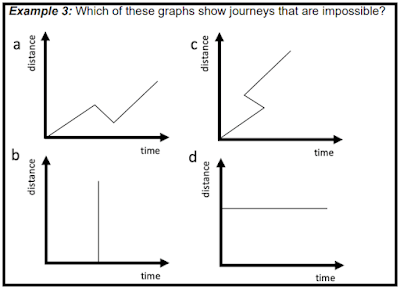
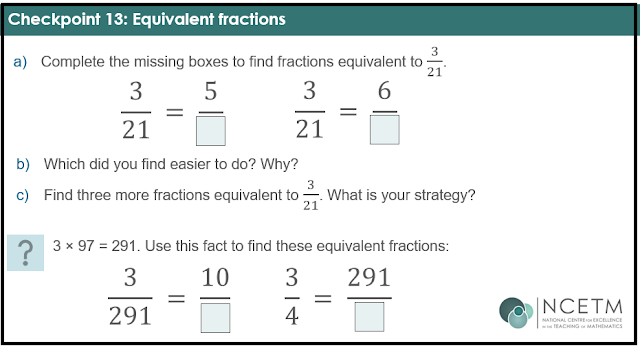





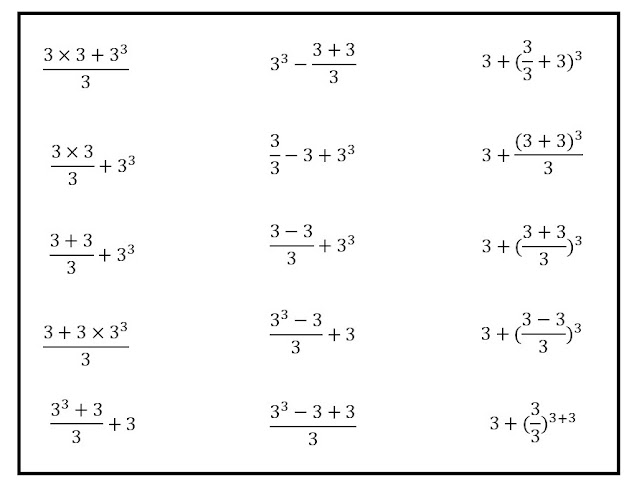




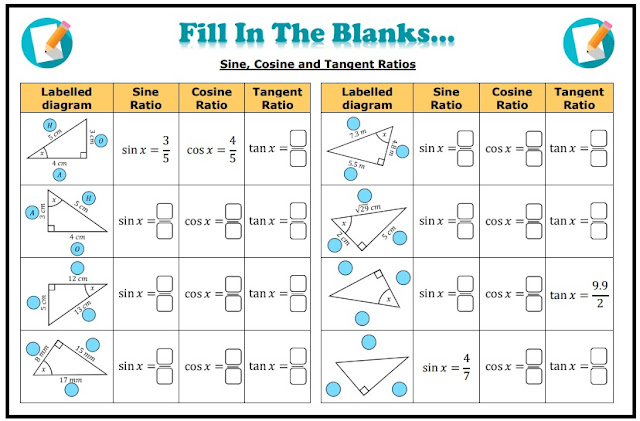
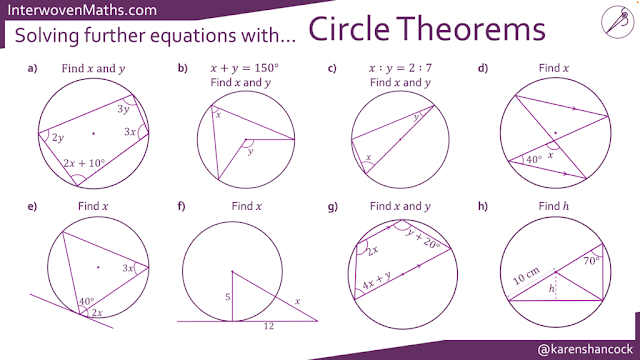

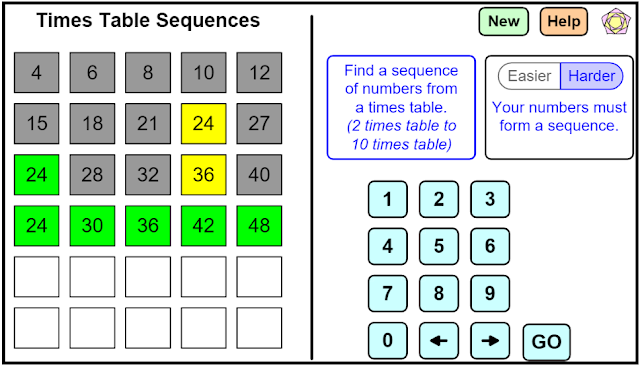
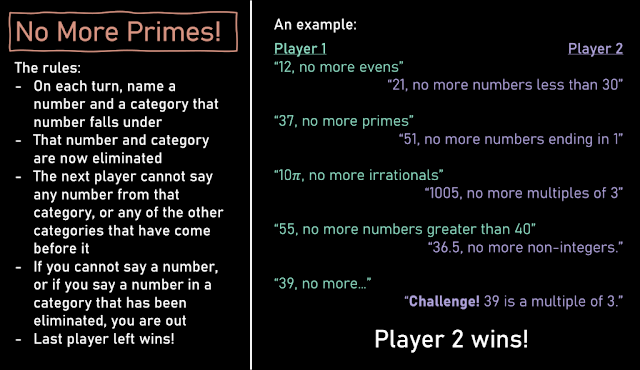


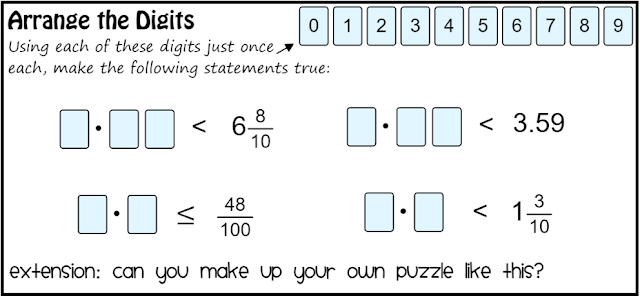
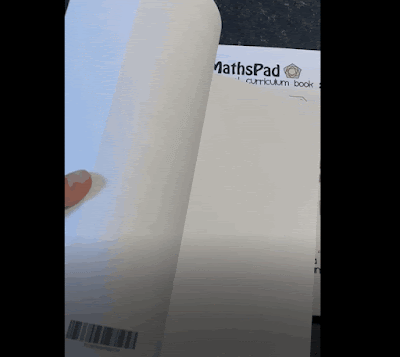
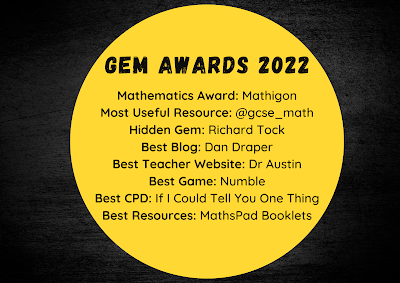

No comments:
Post a Comment